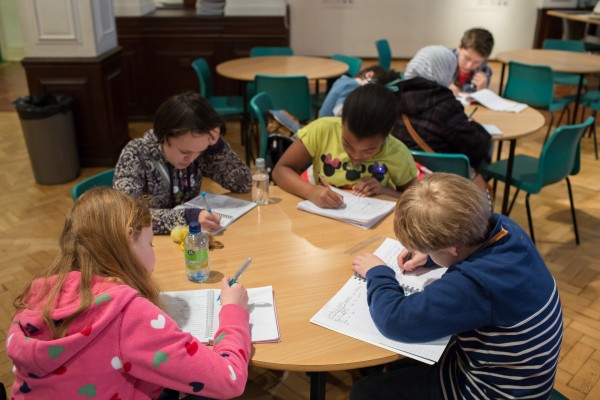Creative writing for primary school can be a delightful and engaging experience for young learners. It’s an opportunity for students to express their imagination, enhance their language skills, and develop a love for storytelling. This article will provide practical tips for students to prepare for creative writing, ensuring they are equipped to excel in this essential aspect of their education.
Understanding the Basics
1. Reading Widely
One of the most effective ways to improve creative writing is through reading. Reading a variety of genres exposes students to different writing styles, vocabulary, and ideas. Encouraging children to read books, newspapers, and magazines can spark their creativity and help them understand how to construct stories.
2. Practising Regularly
Regular practice is crucial in honing writing skills. Students should set aside time each day to write, whether it’s keeping a journal, composing short stories, or even writing letters. Consistent practice helps in developing a writing routine and improves overall proficiency.
Enhancing Vocabulary
3. Building a Strong Vocabulary
A rich vocabulary is a vital tool for creative writing. Students should make it a habit to learn new words regularly and use them in their writing. This can be done through reading, using a thesaurus, and engaging in word games. A strong vocabulary allows students to express their ideas more clearly and vividly.
4. Understanding Grammar and Syntax
A good grasp of grammar and syntax is essential for clear and effective writing. Students should focus on learning the rules of grammar and practising proper sentence structures. This will not only improve their writing but also make their stories more coherent and enjoyable to read.
Developing Imagination
5. Encouraging Imagination
Imagination is the heart of creative writing. Students should be encouraged to think outside the box and let their creativity flow. Activities such as drawing, playing pretend games, and brainstorming story ideas can stimulate imaginative thinking.
6. Writing Prompts and Story Starters
Using writing prompts and story starters can help students overcome writer’s block and get their creative juices flowing. These prompts can be simple phrases or questions that inspire a story. For example, “What if you found a hidden treasure in your backyard?” or “Imagine you could talk to animals.”

Structuring Stories
7. Understanding Story Structure
A well-structured story has a clear beginning, middle, and end. Students should learn how to create engaging introductions, build up the plot, and provide satisfying conclusions. Understanding story arcs and character development is also crucial in crafting compelling narratives.
8. Planning and Outlining
Before diving into writing, students should plan and outline their stories. This helps in organising thoughts and ensuring the story flows logically. An outline can include a list of main events, character descriptions, and key settings.
Seeking Guidance
9. Feedback and Revision
Feedback is an essential part of the writing process. Students should seek feedback from teachers, parents, or peers and use it to improve their writing. Revising and editing are critical steps in refining a story and making it the best it can be.
10. Enrolling in an English Tuition Centre
Joining an English tuition centre in Singapore can provide additional support and resources for students. These centres offer structured lessons, experienced tutors, and a focused environment that can significantly enhance a student’s writing skills. Primary English tuition in Singapore is designed to cater to the specific needs of young learners, helping them excel in creative writing and other aspects of the English language.
Conclusion
Preparing for creative writing for primary school involves a combination of reading, regular practice, vocabulary building, imaginative thinking, and structured planning. By following these tips, students can develop their writing skills and enjoy the process of creating stories. Remember, the key to success in creative writing is persistence, practice, and a passion for storytelling.
Visit LK Academy to enhance your child’s writing skills with expert guidance at our English tuition centre in Singapore.






